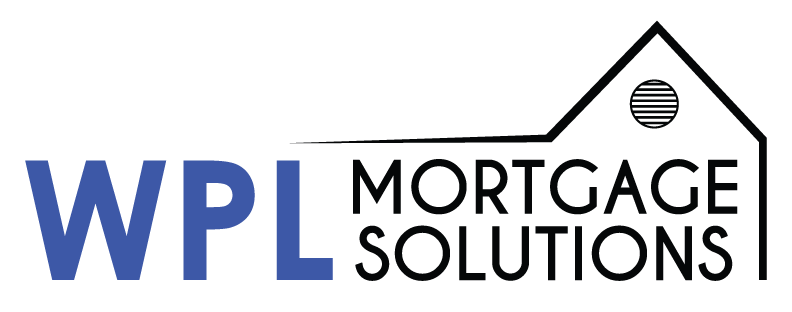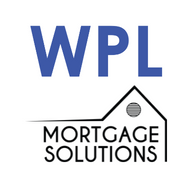Broker vs Bank: Access ALL Loans
A common myth are the differences between Brokers and Banks. In fact, the misconceptions are so
broad the best way to address them is to just explain the differences and discuss the truths. Let’s discuss
3 things: Loan Costs (Fees/closing cost disclosure requirements and Rates), Available programs and
guideline differences and Loan Officer Credentials.
Loan Costs – Or, broader, cost of borrowing money.Broader because interest rates bank or broker
charges both need to be considered.
I will attempt to explain this without bias (not easy). To understand how to analyze/compare closing
costs between bank and broker an explanation of APR is necessary, Unfortunate right!!! Don’t worry, I’ll
make it easy…
APR – It is a finance charge expressed as an annual rate. In other words – it’s the bank or broker fees
expressed as an interest rate, relative to the loan, added to the note rate. Why do you need to know the
difference? Because banks are not required to disclose all of their charges but the APR will reveal hidden
fees.
Brokers are NOT a middleman. In fact, it is just the opposite, the lenders retail operation at the bank is the
middleman. Mortgage Brokers have a direct channel to the UW at the banks lending department. In other
words, the bank is beholden to that luxurious lobby, salaries, rent, lights, etc… A Mortgage Broker doesn’t get
paid until the success of the home purchase. In most cases, short term and long term, a Mortgage Broker will
be able to provide a much more personal service with much less cost and more diverse and customized
borrowing options.
Available Programs and guideline differences – This one is really easy to explain. But, one could go very
much in depth… I will explain but leave room for questions.
The easy explanation – Agency (Fannie Mae/Freddie Mac, FHA, VA and USDA) guidelines are the same across
the board; however, lenders have guideline overlays, determined by the lender.
We, generally speaking, only consider the guidelines we deal with to get approved for a home loan. However,
the lenders have to answer to the agency. In fact, the regulations are significant! One of the stipulations says
that if the lender (UW, in this case) approves, closes and funds a loan and that loan defaults within a specific
amount of time (12 months in most cases) then that lender/UW is required to buy the loan back from the
agency and either service or sell at a big lose (haircut). This is one of many examples… Lenders consider these
stipulations along with other economic and financial factors to determine their overlays to the agency
guidelines. Basically, banks are mitigating their risk.
So, agency guidelines are the same, but each lender mitigates their risk differently. Therefore, lenders have
different loans and different programs.
As a broker WPL Mortgage Solutions has a contractual relationship with a diverse list of lenders both agency
and proprietary (we will discuss proprietary lender in a different post. Basically, its private vs. public.
Proprietary is considered private).
Loan Officer Credentials and licensing requirements – Simple explanation: Loan Officers at a broker are
licensed, they have undergone background checks and credit checks, Annual continued educations
requirements etc. Banks have hourly employees that take applications for car loans, camper loans, boat
loans. and home loans. Loan Officers at a Brokers office specialize in Residential Mortgage Lending.



 and then
and then